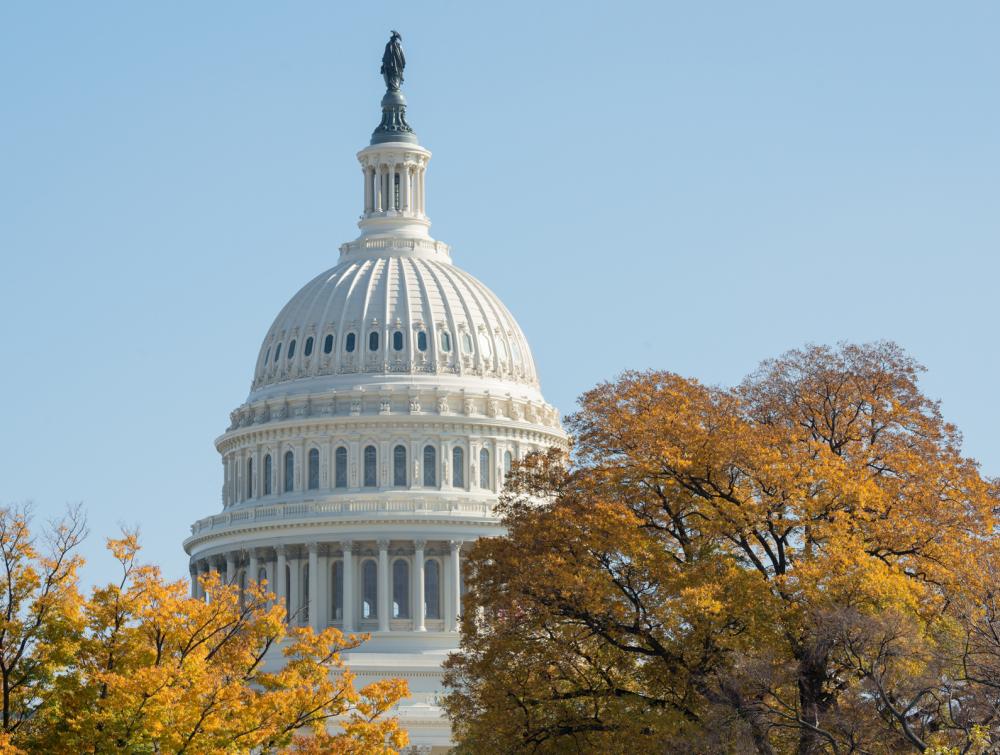Public lands would be on clearance rack under House rules package

Washington, DC
Mason Cummings, TWS
Budget offset not required under rule, setting stage for sell-off of public lands
WASHINGTON D.C. (Jan. 3, 2025) — The House of Representatives passed a rules package for the 119th Congress that includes language allowing lawmakers to more easily sell off public lands managed by agencies like the Bureau of Land Management, National Park Service and U.S. Forest Service.
Under the rules, lawmakers will no longer need to account for lost revenues from nationally managed public lands if they decide to give those lands away to states or other interests. The Congressional Budget Office, which provides lawmakers with data so they can make budget decisions, will effectively consider public lands to have no monetary value, making wholesale sell-off of lands much simpler.
Lydia Weiss, senior director of government relations for The Wilderness Society, made the following statement about the rule prior to the House vote:
“The newly proposed House rule would effectively put the nation’s public lands on the clearance rack, and it is the logical first step in a campaign to expedite sale of those lands.
Selling off public lands will lead to loss of protection for wildlife habitat and cultural sites and shut the public out of valued recreation areas. Public lands are universally beloved, and polling has consistently shown that people consider them to be places shared with, and managed for the good of, the nation as a whole. Selling them off is a bad idea and a deeply unpopular one.”
In 2017, a similar rules package passed and set the stage for Utah Rep. Jason Chaffetz to introduce legislation that would have sold off 3.3 million acres across the West. Chaffetz’s sell-off proposal drew intense criticism, including at an infamous town-hall event, and he was eventually forced to withdraw it. Indeed, polling conducted the prior month showed that 78% of people in the U.S. oppose efforts to privatize or sell public lands, including 64% of people who voted for President Trump in 2016. Subsequent polls have similarly shown that most people in the U.S., and most in the West, support conservation of public lands and consider the presence of lands like national monuments, forests, wildlife refuges and wilderness areas to be valuable for local communities.
